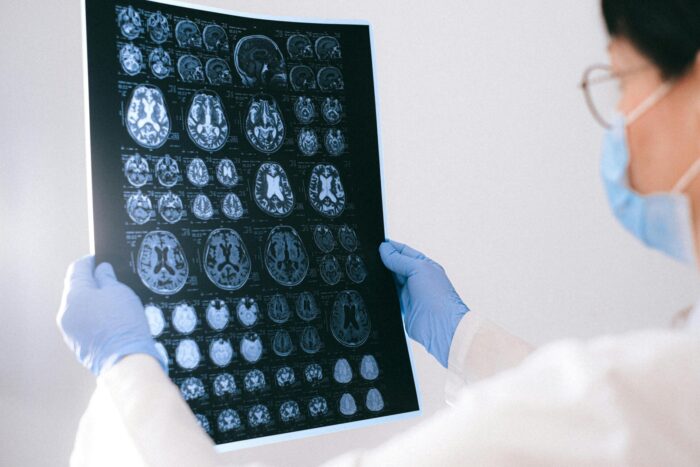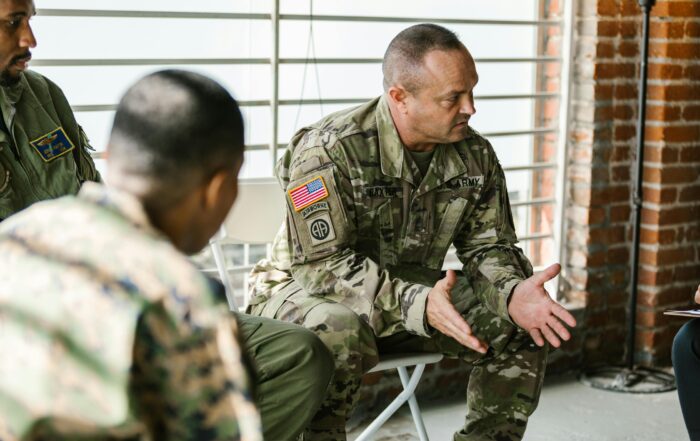
By University of California, San Francisco
Child-Parent Psychotherapy (CPP) is an intervention model for children aged 0-5 who have experienced at least one traumatic event (e.g. maltreatment, the sudden or traumatic death of someone close, a serious accident, sexual abuse, exposure to domestic violence) and/or are experiencing mental health, attachment, and/or behavioral problems, including posttraumatic stress disorder (PTSD). The treatment is based in attachment theory but also integrates psychodynamic, developmental, trauma, social learning, and cognitive behavioral theories. Therapeutic sessions include the child and parent or primary caregiver. The primary goal of CPP is to support and strengthen the relationship between a child and his or her caregiver as a vehicle for restoring the child’s cognitive, behavioral, and social functioning. Treatment also focuses on contextual factors that may affect the caregiver-child relationship (e.g. cultural norms and socioeconomic and immigration-related stressors).
Share This Post!
Exploratory Study Associates Childhood Trauma with Brain Features in Abusive Mothers
By University of Fukui As sad as it is, child maltreatment continues to be a prevalent global social issue. Recent studies have revealed that up to one billion children aged 2 [...]
SAMHSA Recognizes Posttraumatic Stress Disorder Awareness Month
By Stacey Owens, M.S.W., LCSW-C, Military and Veterans Affairs Liaison, Center for Mental Health Services Although often associated with combat veterans, Posttraumatic Stress Disorder (PTSD) is a mental health condition that [...]
Post-traumatic Stress Disorder and Cancer
By American Society of Clinical Oncology (ASCO) Post-traumatic stress disorder (PTSD) is a type of anxiety disorder. Some people develop PTSD after experiencing a frightening or life-threatening situation. PTSD is most [...]
Childhood Trauma Impacts Muscle Function in Later Life
By Morgan Sherburne – University of Michigan Adverse childhood experiences can detrimentally affect muscle function in older adults by impairing mitochondrial activity necessary for energy production. The study analyzed muscle biopsies from [...]
The True Link Between Early Trauma and Adult Mental Health
By David Rettew M.D., ABCs of Child Psychiatry The last decade of the 1990s was often labeled the “Decade of the Brain,” as many mental health clinicians and researchers emphasized biological [...]
What’s the Best Treatment for PTSD in Children?
By Joan Kaufman, PhD Joan Kaufman, PhD, of the Department of Psychiatry at Yale University, discusses the different stages of trauma-focused cognitive behavior therapy, or TF-CBT, the best evidence-based intervention for children who [...]







